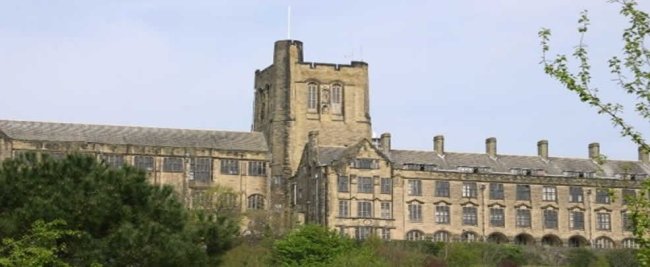SO! Here goes! My first seminar related blog! I do apologize in advance, hopefully I will become much more slick and polished as this module progresses… or at least that’s the plan anyway!
Our Seminar was given by the Prof George Turner, who is based here in Bangor and has been for quite some time even doing his undergrad here. Since then he has worked at other universities doing similar research to his current work only leaving the academic world once to briefly work with a commercial company… in the same field.
For his seminar he gave us a whistle stop tour of his current work on ‘Adaptive radiation using population genetics’
Before I go any further into it, it was so nice to see an academic genuinely excited by the science so much enthusiasm! He was bursting at the seams to tell us everything!
His research focuses on the Cichlid fish, as EVERYONE in the school of biological science in Bangor knows! The fascination lies within the fact there are SO MANY SPECIES, and the fact they have all evolved together. His conservative est. Was 650+ species in lake Malawi alone. In one lake, 650! And there are many many more across the lakes and river systems in Africa. (On a personal note I like them because they are very colourful)
This is special because the traditional train of thought for speciation would be a selection pressure on a population or geographical isolation but in the case of the cichlid, as George explained these do not fit, with the different species being found all over the lake in all the different niches . This type of speciation is sympatric speciation.
George spoke mainly about how technology is progressing the research into the speciation of cichlids.
Basically as computers become more powerful it is becoming easier and easier to Map entire Genomes of more and more animals. Which opens up a lot more possibilities in ecology , medical genetics and more!
In terms of Georges research, entire genome mapping of the different species allowed for much more accurate phylogenetic trees to be produced. This was useful because other methods such as part genome mapping and mitochondrial DNA mapping had produced very confusing trees with ancestors being descended from their descendants!?!
I think over all what this seminar made me think about once more is how much Computers have impacted biology! As they get faster and faster it becomes possible to do things like genome mapping or more complicated statistical analysis. Science as a whole in fact is making leaps that would have been impossible a couple of decades ago all due to technology.
Thanks EVER SO MUCH for reading!
Please Comment below!
D.
Related articles (Other people on my course in the same Seminar! Probs gonna be more informative!)
- Understanding Adaptive Radiation using Population Genomics – by George Turner (bsuccf.wordpress.com)
- Adaptive radiation using population genomics- chichlids (zoologylad.wordpress.com)


